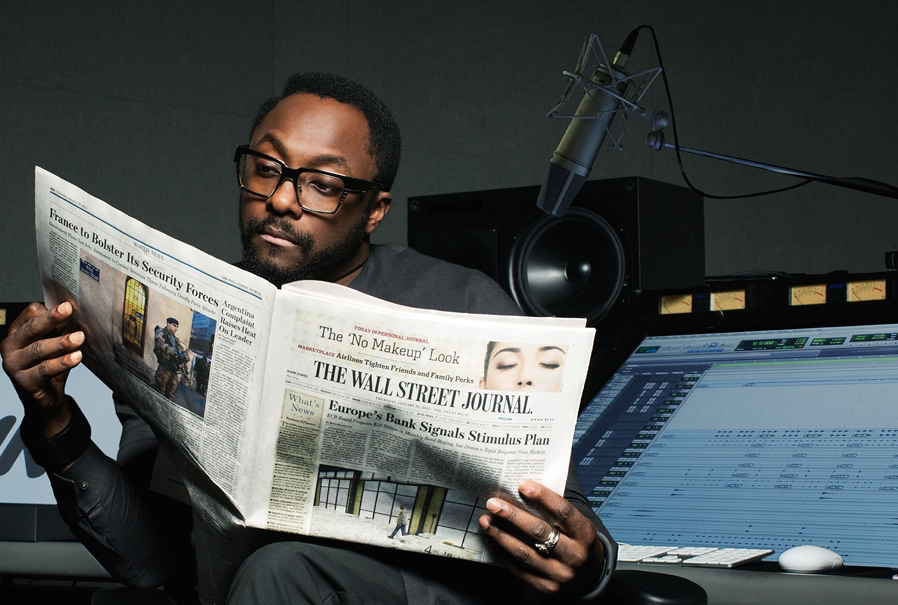Here, we look at how the government and role models from popular culture have helped inspire a burgeoning entrepreneurial scene in the UK.
Entrepreneurship has taken on a different meaning, arguably, in modern times. Ours is a time when enabling business is key to the economic policy of government perhaps more than ever. David Cameron, throughout his premiership, has used such rhetoric as the intent to declare war on the ‘enemies of enterprise’, praising the ‘go-getting’ entrepreneurial constituency and helping facilitate business through measures ranging from the Help to Grow scheme, which promises to pledge £1 billion to help companies across the funding gap, to cuts in red tape, to Funding for Lending. There is a keenness on the idea of export, of spreading the seed of British industry to faraway climes, to elevate the country and its ‘March of the Makers’ to a position of envy around the world.
Perhaps spurred on by the rallying cry, or maybe just to carve their own path in a post-recessionary landscape, UK entrepreneurs have started a record number of new businesses in recent years. 2014 saw 581,173 businesses registered with Companies House, up from 502,068 in 2013, according to national enterprise campaign StartUp Britain. When you look at previous years, the upward trend is clear: the figure was 440,000 in 2011 and 482,000 in 2012.
Starting a business today is easier, cheaper and quicker than before. And whether it be the positive influence of the government or the simple notion that going it alone is a noble career path, we are seeing some exciting patterns in entrepreneurial growth. Observe the co-working spaces in East London, the explosion of street food and street vendors nationwide, a startup tech culture fostering in Manchester. Whether it be a cafe owner in Newcastle or a small accountancy practice in Bristol, there is a palpable feeling that taking the bull by the horns and starting up is a viable modern option, and not a scary thought to be discarded as quickly as it was conceived.
Modern-day stars of popular culture have seamlessly branched out into business, perpetuating the idea that it’s ‘cool’ to start up your own company. From footballers such as Louis Saha setting up an online career management business, to the likes of Rio Ferdinand and Gary Neville putting their name to restaurants and cafes, to musicians such as Alex James and his cheesemaking business, and Victoria Beckham and her clothing empire, there are manifold role models to inspire the next generation to be entrepreneurial. And none fit the mould quite like Will-I-Am, the quirky founding member of hip hop group the Black Eyed Peas, featured in the video above.
Born in East Los Angeles, William James Adams Jr had a troubled childhood in which he never knew his father. He attributes his early love of flamboyant dress and his talent for rap as saving him from the sad fates that befell many of his friends and neighbours. After a successful career in music, Will became a keen philanthropist and also a respected entrepreneur, landing an enviable position with Intel, which afforded him the chance to design his own digital camera.
Will.i.Am also designed a cover for the iPhone, which snaps on the back of the device and greatly improves the function of the phone’s built-in camera. He then collaborated on an app that performs functions similar to Instagram with capabilities for editing and sharing photos.
Larger-than-life personalities such as Will.i.Am help to capture the imagination of fledgling entrepreneurs. But whether it is because of the influence of such high-profile role models or the government, or both, entrepreneurship is thriving in the UK. It won’t be surprising to see the start-up figures continue to grow many years into the future.
This is a sponsored post in collaboration with The Wall Street Journal.





